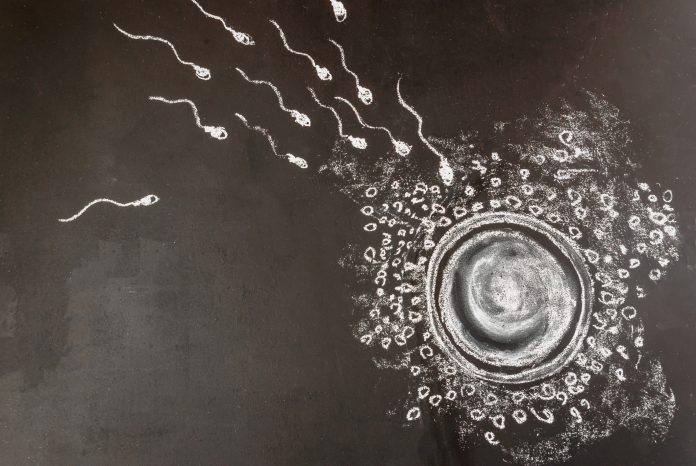University of Maryland School of Medicine (UMSOM) researchers find that air pollution can decrease sperm count – via brain inflammation
It is already a fact that the brain has influence over reproductive organs, essentially impacting fertility when an individual is extremely stressed. The clearest example lies in how stress can cause a person to skip their period.
This study, published in Environmental Health Perspectives, looks at how air pollution can create stress on the reproductive system.
Scientist says possible to “reverse” the air pollution damage
Lead study author Dr Zhekang Ying, Assistant Professor of Medicine at UMSOM, said: “Our findings showed that the damage due to air pollution—at least to the sperm count—could be remedied by removing a single inflammation marker in the brains of mice, suggesting that we may be able to develop therapies that could prevent or reverse the damaging effects of air pollution on fertility.”
This possibility is good news, as about 92% of the world population lives in areas where the level of fine particles in the air are way above WHO safety standards.
These particles can come from sources such as car exhaust, factory emissions, wildfires, and woodburning stoves. Unfortunately, for some regions in the world, this is the only available fuel.

How did the researchers make this connection?
They tested healthy mice and mice bred to lack a marker of inflammation in the brain, called Inhibitor Kappa B Kinase 2, or IKK2 for short, specifically located in the brain’s neurons.
They exposed both healthy and IKK2 mutant mice to filtered air or air pollution – then tested their sperm counts.
The mice bred without the IKK2 inflammation marker in their neurons did not have reductions in their sperm counts when exposed to the polluted air, unlike the healthy mice.
Researchers then removed IKK2 from specific neurons to determine more precisely how air pollution was leading to lower sperm counts. They found that one specific kind of neuron typically associated with sleep cycle and obesity was responsible for the reduced sperm count due to air pollution. These neurons typically are found in the hypothalamus, a part of the brain which controls hunger, thirst, and sex drive.
The hypothalamus also works with the brain’s pituitary gland, which makes hormones that communicate directly with reproductive organs.
Charles Hong, MD, PhD, the Melvin Sharoky, MD Professor in Medicine and Director of Cardiology Research at UMSOM said: “These findings have wider implications than just fertility, as there are many conditions, such as high blood pressure, diabetes, and heart disease that can result from brain inflammation due to air pollution.”











